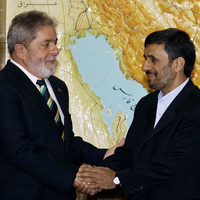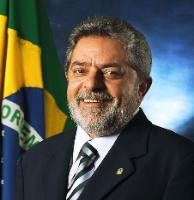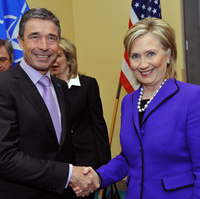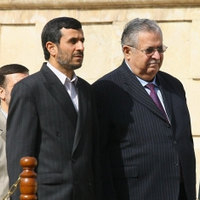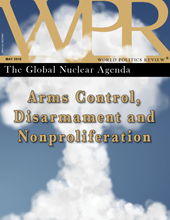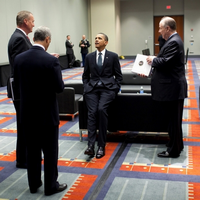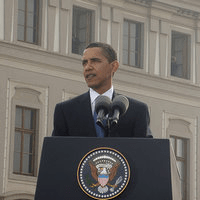
The “fog of sanctions” has descended on Washington, obscuring what this week’s proposed U.N. Security Council resolution can accomplish in stifling Iran’s drive to nuclear weapons. No less perilous than the “fog of war” that besets generals, the “fog of sanctions” prevents pundits and politicians from having a clear view of the power and potential of this draft document (.pdf), which may be the strongest set of smart sanctions ever developed by the Security Council. The resolution’s first strength is that it undermines real assets and capabilities that Iran might use for weapons production. The document astutely mixes compulsory and […]

